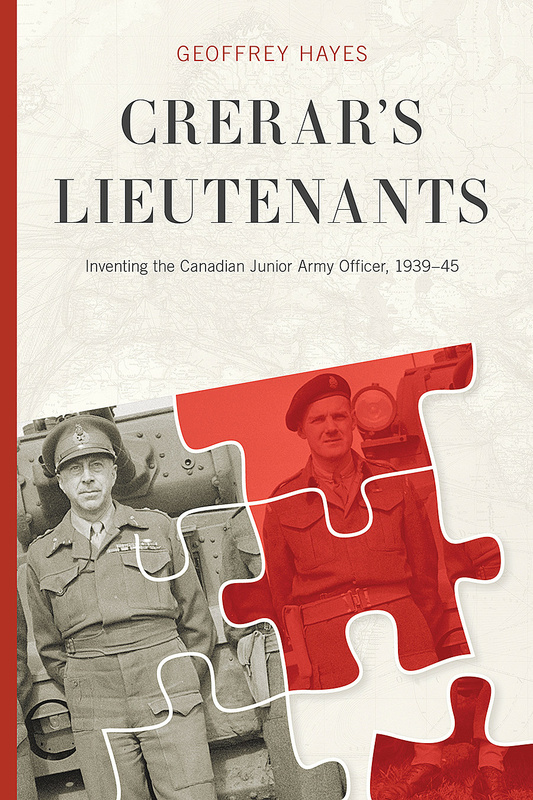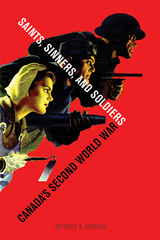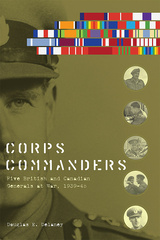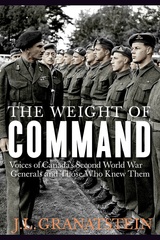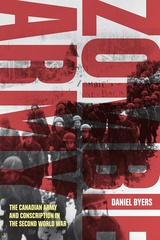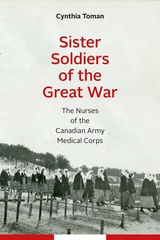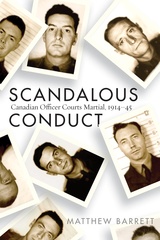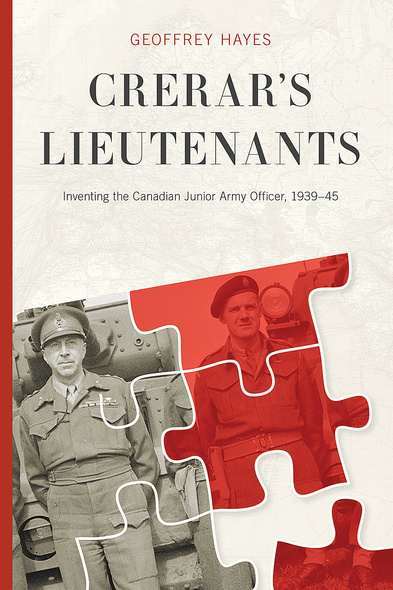
Crerar’s Lieutenants
Inventing the Canadian Junior Army Officer, 1939-45
At the height of the war in 1943, the future head of the First Canadian Army, General Harry Crerar, penned a long memorandum in which he noted that there was still much confusion as to “what constitutes an ‘Officer.’” His words reflected the army’s preoccupation with creating an ideal officer who would not only satisfy the immediate demands of war but also conform to pervasive, little-discussed notions of social class and masculinity.
Drawing on a wide range of sources and exploring the issue of leadership through new lenses, this book looks at how the army selected and trained its junior officers after 1939 to embody the new ideal. It finds that these young men – through the mentors they copied, the correspondence they left, even the songs they sang – practised a “temperate heroism” that distinguished them from the idealized, heroic visions of officership from the First World War, and also from British and even German representations of wartime officership.
Fascinating and highly original, Crerar’s Lieutenants sheds new light on the challenges many junior officers faced during the Second World War – not only on the battlefield but from Canadians’ often conflicted views about social class and gender.
This work is primarily directed at scholars and students of Canadian history, military history, and gender history (especially masculinity studies). Because of its subject matter and the author’s engaging writing style, it’s likely to also attract general readers.
Awards
- 2017, Winner - C.P. Stacey Award for scholarly work in Canadian Military History
Hayes’s deep research and extensive knowledge on the topic provides a nuanced appraisal of Canadian officers and their diverse wartime experiences.
This book provides a thorough understanding of how the Canadian Army was created and evolved during the Second World War. Combining deep archival research with personal recollections, it examines how the men were selected, how they were trained, and how they put the knowledge and skills they learned into effect.
This book boldly explores the construction of ‘junior leadership’ in the context of the First Canadian Army. Geoffrey Hayes skillfully identifies and defines the army’s understanding of what made for an ‘ideal’ officer and how young men navigated these expectations. It is a fascinating addition to the study of Canadian men and masculinity, specifically in the context of the military and its structures.
Crerar’s Lieutenants fills a large gap in the historiography of the Canadian Army by providing a depiction of the idealized officer during the Second World War. This book will undoubtedly lead to debate and to further study.
Geoffrey Hayes is an associate professor in the Department of History at the University of Waterloo. He is the author of The Lincs: A History of the Lincoln and Welland Regiment, as well as Waterloo County: An Illustrated History. He is also the co-editor of three volumes: Vimy Ridge: A Canadian Reassessment; Afghanistan: Transition Under Threat; and Canada and the Second World War: Essays in Honour of Terry Copp.
Introduction
1 Foundations
2 Mobilization
3 Selection
4 Training
5 The Fighting Begins
6 Taking Stock
7 Negotiating Battle
8 Last Days
Conclusion
Notes; Selected Bibliography; Index

